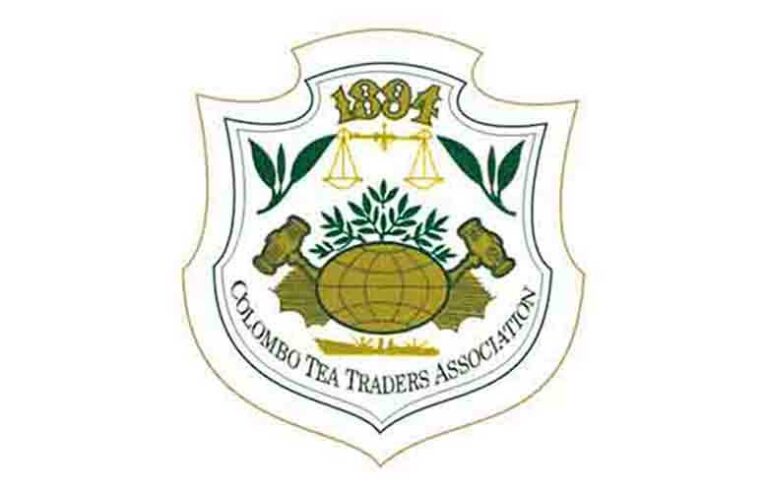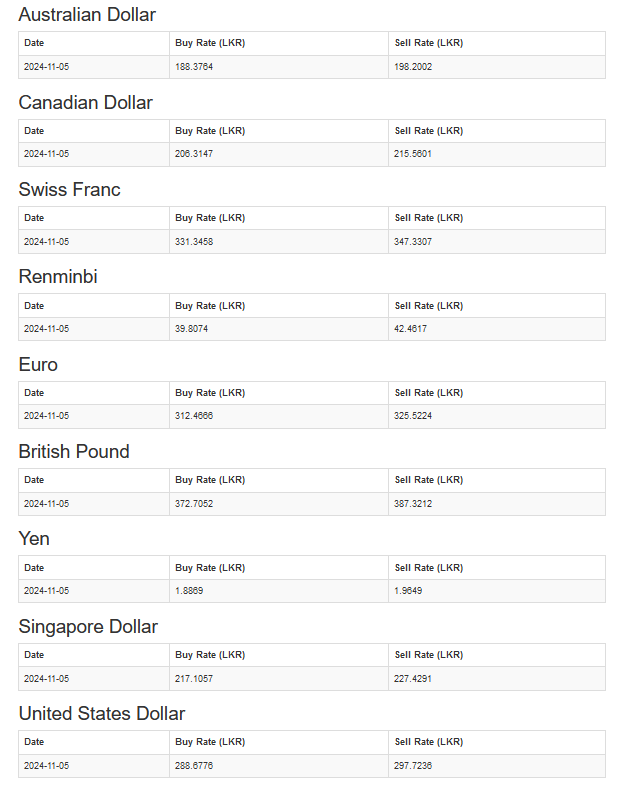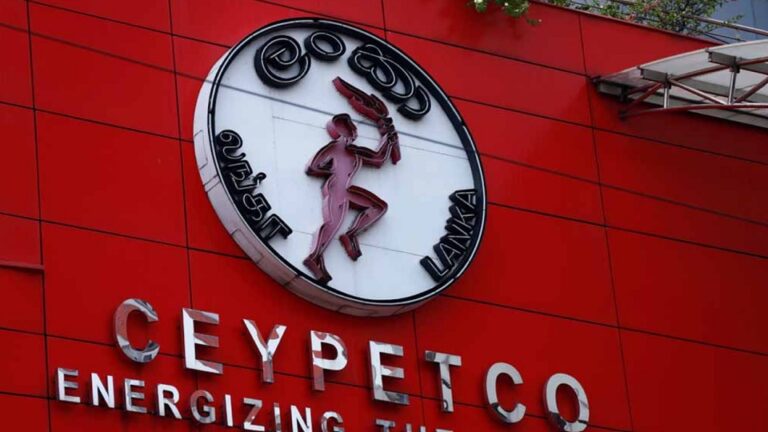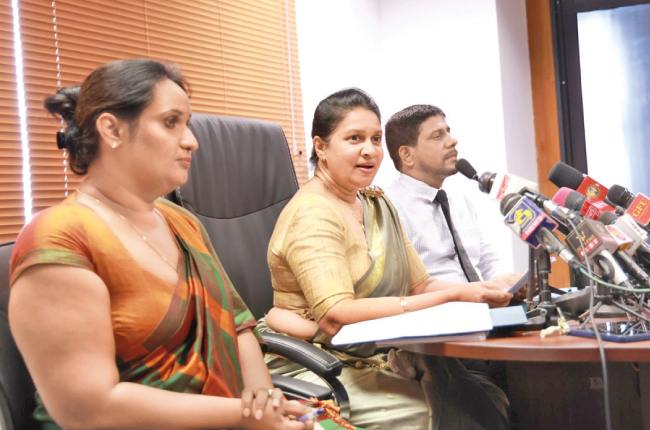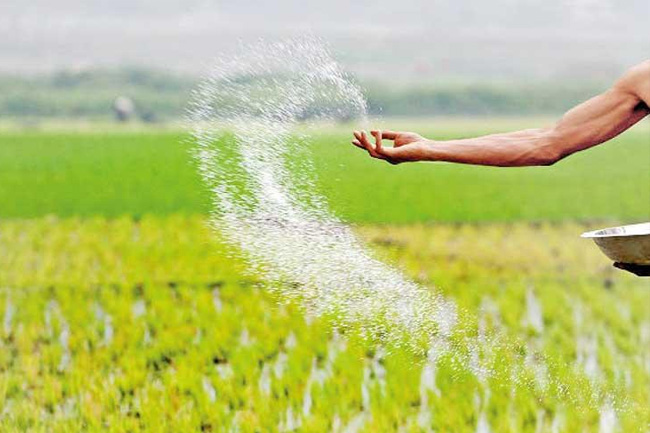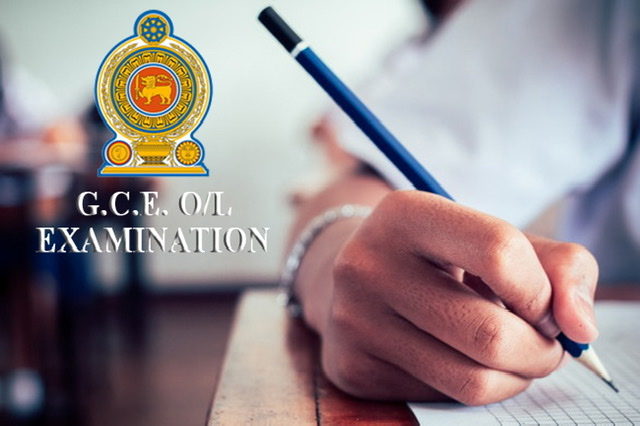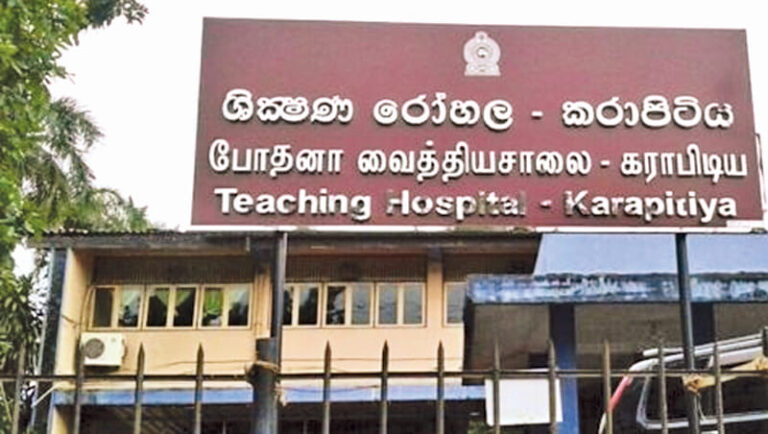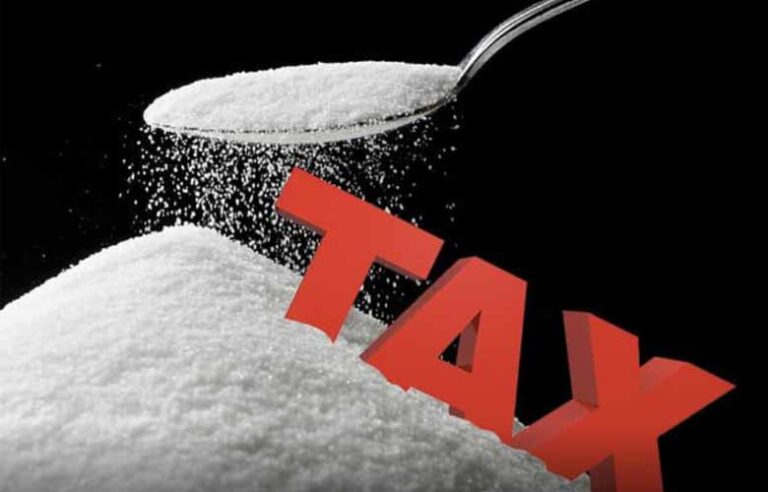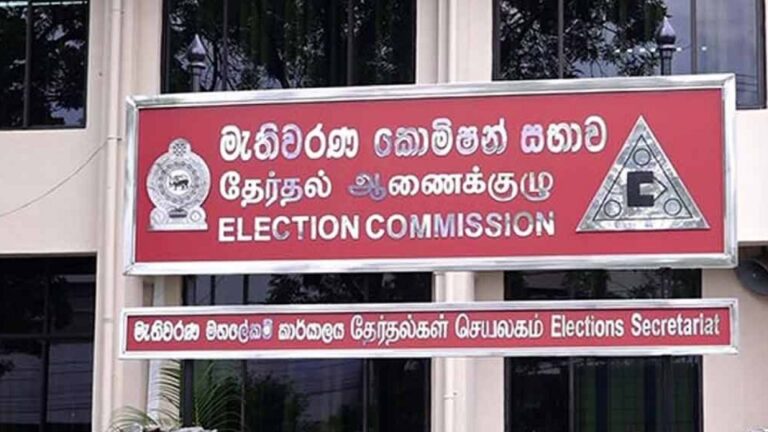By: Isuru Parakrama
November 05, Colombo (LNW): Chairman of the Colombo Tea Traders’ Association (CTTA) Sanjaya Herath highlighted the pressing need for Sri Lanka’s tea industry to modernise its practices by integrating sustainable methods and embracing technological advancements.
He raised these concerns addressing the Association’s 130th Annural General Meeting.
With labour costs comprising over 60 per cent of production expenses, the sector faces mounting challenges, including inflation and a dwindling workforce, he pointed out.
Herath advocated for automation and renewable energy investments to maintain the industry’s resilience and reduce dependency on costly labour.
“Our future depends on forward-thinking approaches that prioritise innovation, technology, and sustainable growth,” said Herath.
He emphasised that adopting advanced technology, fostering public-private partnerships, and empowering smallholder farmers are essential steps to strengthen the sector.
Herath also underscored the importance of resilience to navigate the fluctuating demands of the global tea market.
Beyond production challenges, the CTTA has made strides in supporting tea-growing communities. This year, the association expanded its community outreach by deploying two 1990 Suwasariya ambulances in Maskeliya and Nivithigala to ensure access to essential medical services for workers in these regions.
Furthermore, the CTTA’s “Ray of Hope” charity initiative, launched in April, reinforced its commitment to assisting vulnerable communities within the tea sector.
The CTTA has also demonstrated adaptability in the face of recent crises. The digital transformation of the Colombo Tea Auction in 2020, spurred by the Covid-19 pandemic, marked a significant shift from traditional practices, enabling trade continuity despite global disruptions.
Herath praised the online auctioning system as a landmark achievement, ensuring Sri Lankan tea maintained its global market presence and kept the industry’s wheels turning even during uncertain times.
The event’s keynote speaker, Dr. Rohan Pethiyagoda, former Chairman of the Sri Lanka Tea Board and noted biodiversity scientist, echoed Herath’s call for modernisation.
He argued that Sri Lanka’s tea sector must not rest on tradition alone but instead must seize control of its destiny by proactively addressing contemporary challenges, such as climate change and regulatory demands.
“Wishful thinking is insufficient. Recognising and confronting these challenges head-on, with a commitment to sustainability, will determine our industry’s future,” Dr. Pethiyagoda said.
He also urged CTTA members to secure Geographical Indication (GI) status for Ceylon Tea in key markets, particularly the European Union, to safeguard the authenticity of Sri Lanka’s unique tea varieties.
Pethiyagoda stressed the importance of protecting regional identities within the Ceylon Tea brand, recognising the distinctive qualities that differentiate Sri Lankan teas globally.
Founded in 1894, the CTTA is widely known to have played a pivotal role in advancing Sri Lanka’s tea industry, overseeing the Colombo Tea Auction, the largest single-origin tea auction worldwide.


